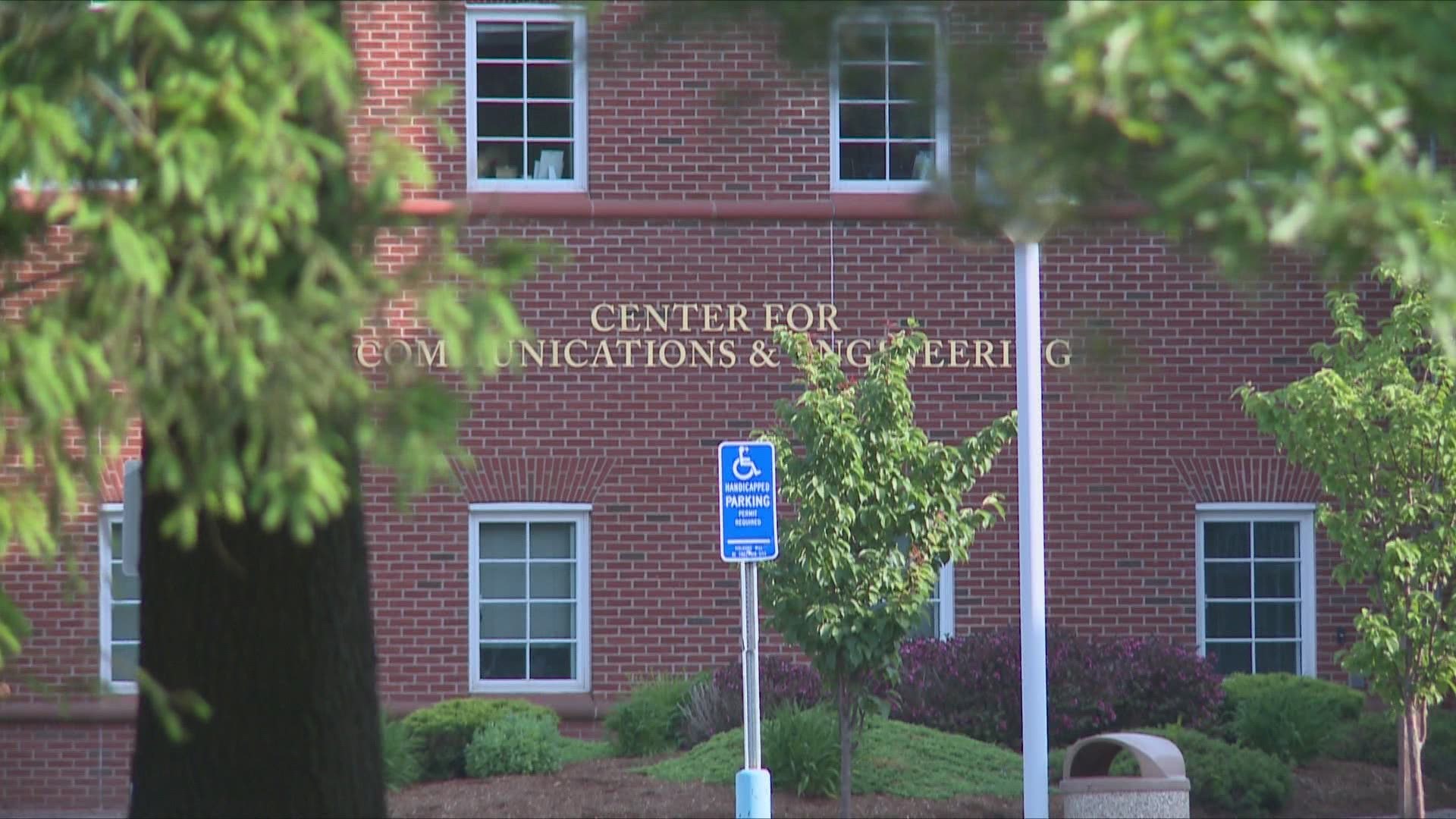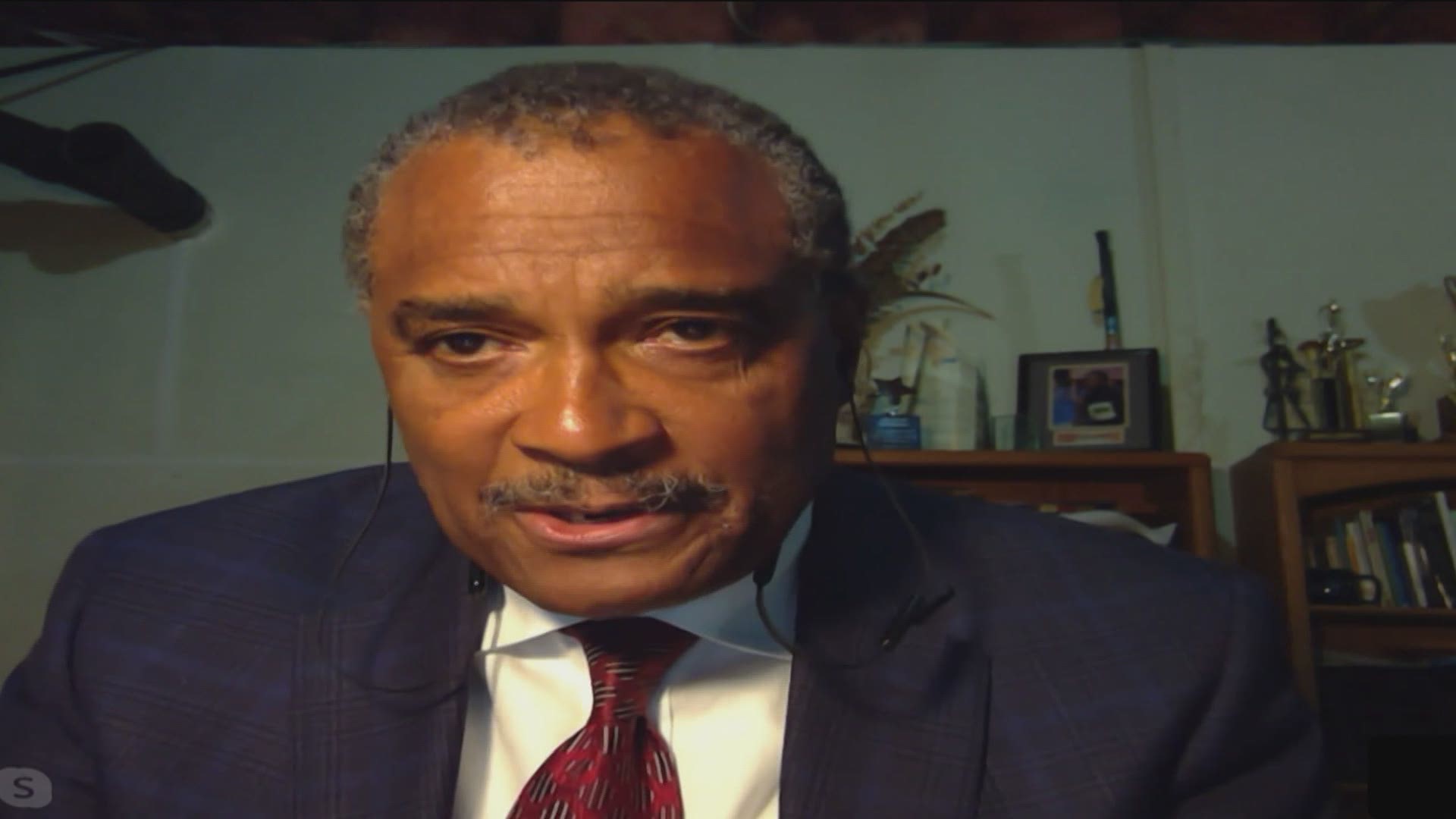NEW HAVEN, Conn. — Quinnipiac University and the University of Connecticut are two of many schools named in a number of class-action lawsuits on behalf of students. The students are seeking repayment for lost time and diminished class experience due to COVID-19 closures.
Phil Fraietta of the Manhattan-based law firm Bursor & Fisher is representing students filing against Quinnipiac and UConn. He says they are two of about 55 claims his firm has filed against Universities from coast-to-coast.
"You’re talking about hundreds of thousands if not millions of people around the country," said Fraietta. "What we say is the students did not get what they paid for."
Fraietta says he knows of about 100 similar suits filled by multiple firms. They say they understand COVID-19 put schools in a difficult situation but the students should be refunded for the experience they lost.
"They chose to enroll in an opportunity to learn on campus. To engage in meaningful interactions with professors and fellow students and also to use the various facilities that these universities make available to them," said Fraietta.
The suits are asking for reimbursement of tuition, housing and dining from the time Universities closed their doors to the end of the semester. If a judge rules in their favor, all students affected would receive compensation.
"There are a lot of students and families that are struggling financially right now and in short they did not receive what they paid for," said Daniel Kurowski of Hagens Berman.
The law firm of Hagens Berman has also filed a class action suit against Quinnipiac and at least 13 other schools. They represent a QU film major that feels she missed out on valuable hands-on experience and use of equipment that couldn’t be replicated at home. She also alleges her professors were not responsive enough, if at all.
"Frankly, not only did other students struggle to get through the material but professors are struggling to deliver it," said Kurowski.
Spokesmen for UConn and Quinnipiac University say they have credited or refunded students for unused housing and dining. Both did not refund tuition costs because students completed and earned credit for the classes.
"Yes, maybe they got credits and got a piece of paper that says congratulations you have a UConn degree, but, is that really what education is," asked Fraietta.
With so many lawsuits filed, lawyers say that eventually they will be consolidated into one case for a judge to rule on. There is still quite sometime before that happens.


